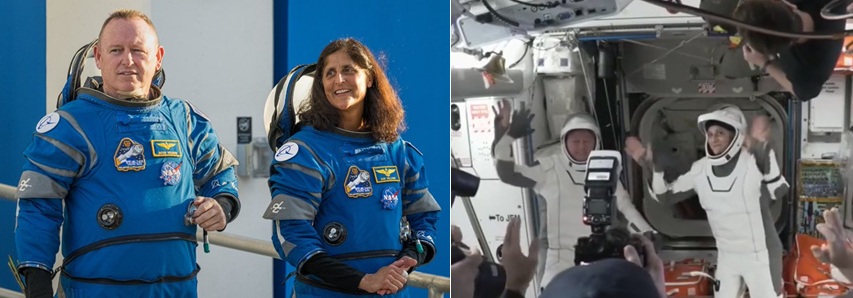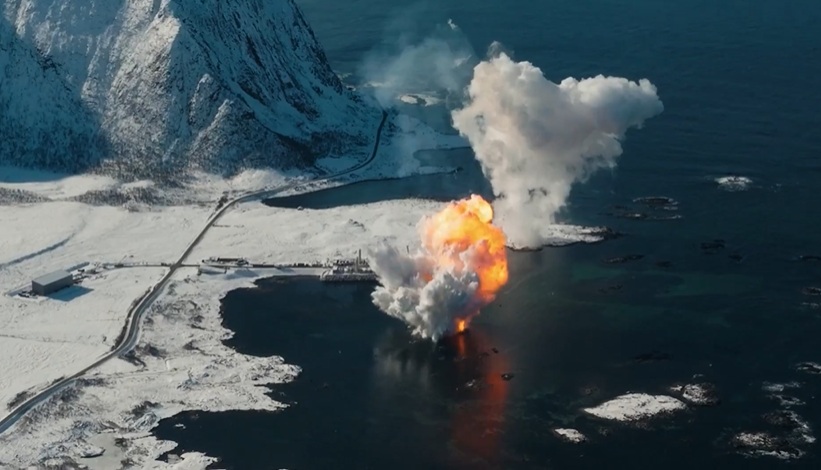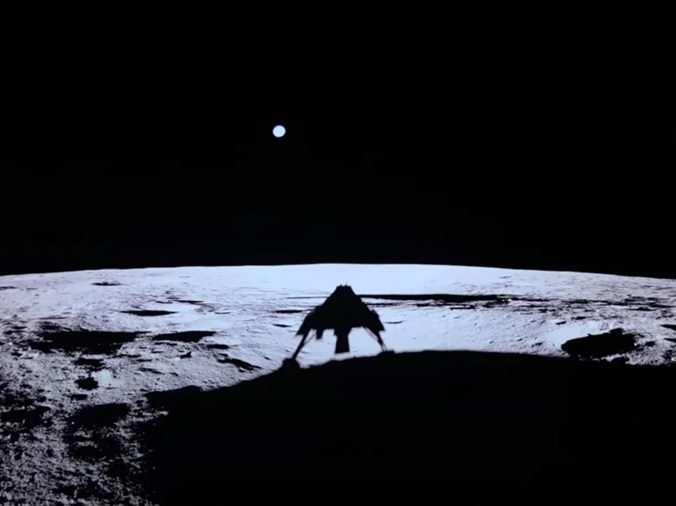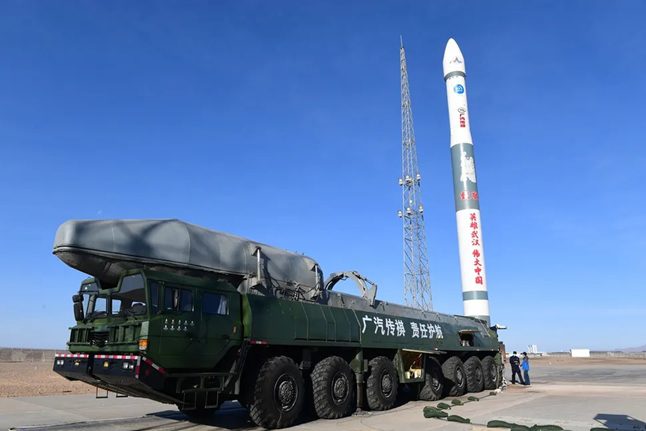Russia successfully launched the Cosmos 2524 (Kosmos 2524) satellite into low Earth orbit (LEO) at 1043 GMT, 2 December on a Soyuz 2-1B launch vehicle from Launch site 43 at the Plesetsk cosmodrome in Northern Russia.
Cosmos 2524 is a Lotos S type satellite which is the most recent version of Electronic Intelligence (ELINT) spacecraft to form part of Russia’s Liana programme and is a successor to the Tselina series of satellites. The satellite was built by TsSKB Progress using a bus building upon the long running Yantar series of satellites.
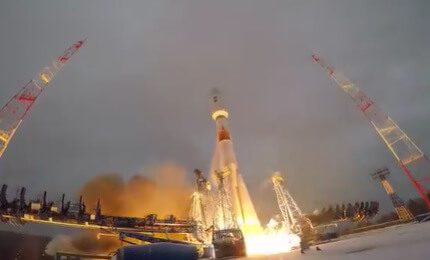
Soyuz 2-1B is launched successfully on 2 December 2017 Courtesy: Roscosmos
While it was expected that this satellite would receive the designation of Cosmos 2523 it has been named by the Russians as Cosmos 2524. This raises the possibility that on a previous Russian Military launch that there was one, so far unidentified, additional satellite.
Comment by David Todd: There was surprise that the Soyuz 2-1B launch vehicle reflew so soon after a Soyuz 2-1B Fregat lost 19 spacecraft in its launch failure of late November. While the official inquiry into that failure has yet to produce its conclusions, the cause was quickly traced to a software fault causing a Fregat orientation failure during its orbital injection burn. It is a measure of the confidence of Roscosmos that it has found the cause that this latest flight, which did not carry a Fregat upper stage, was allowed to take place.

